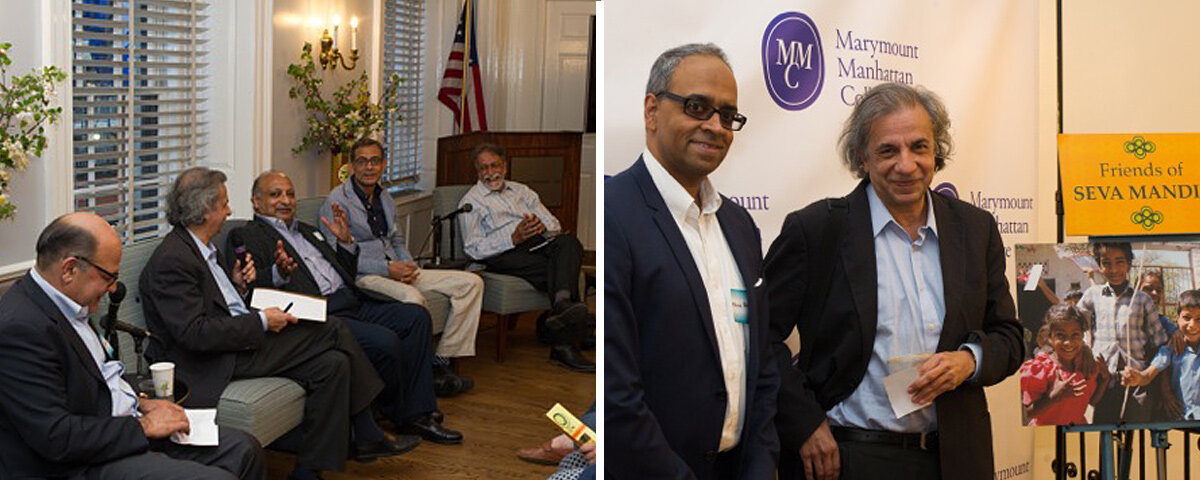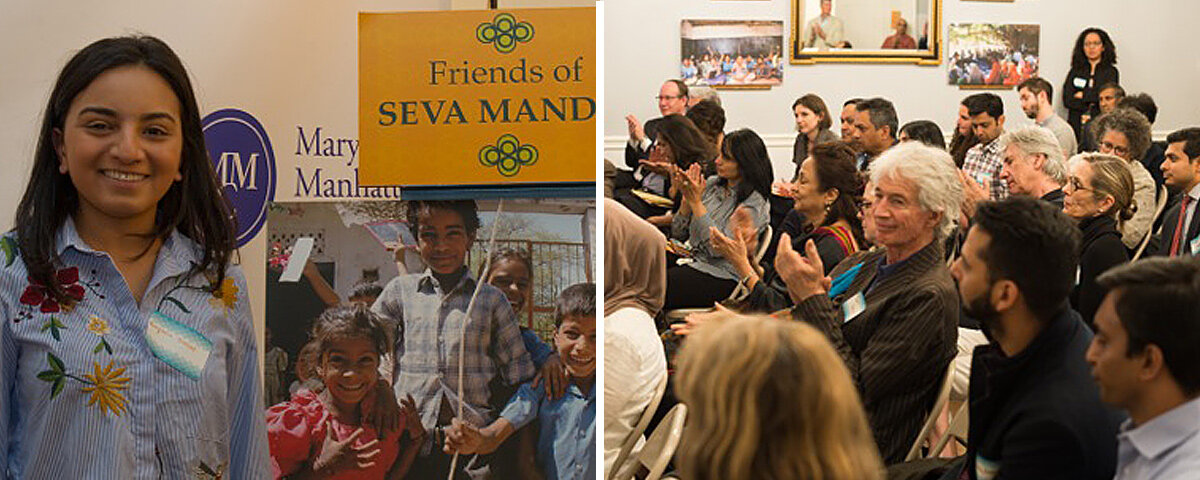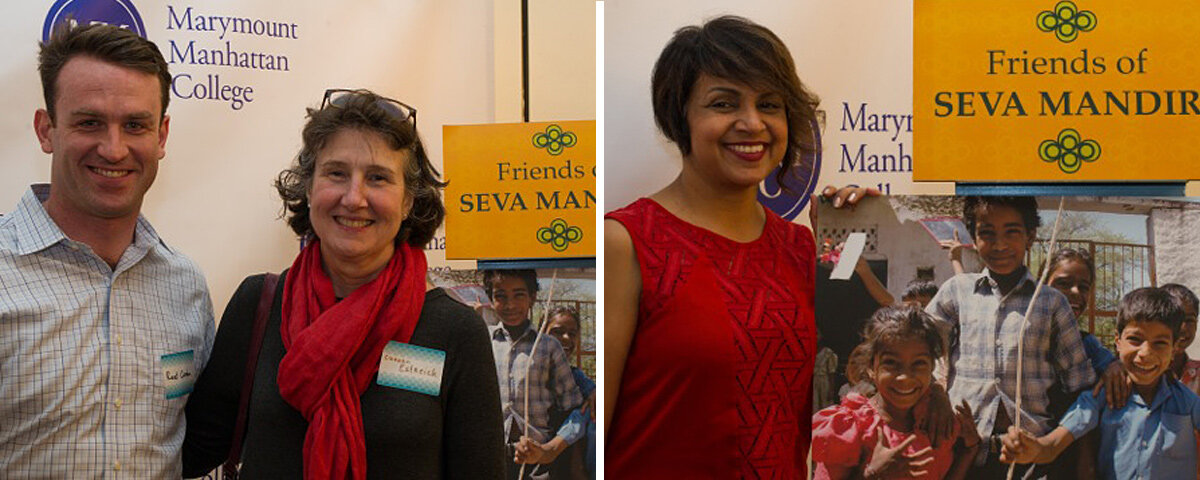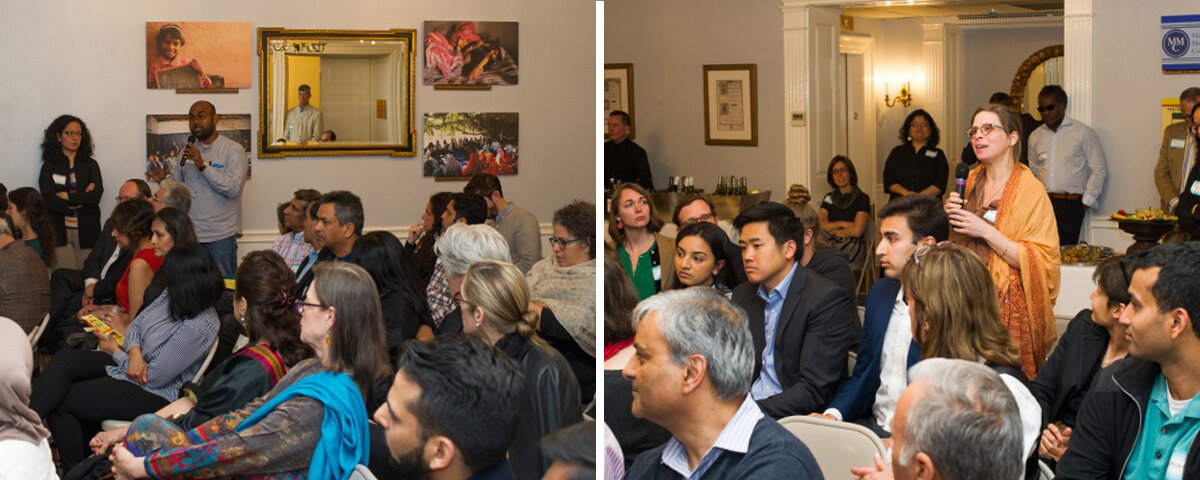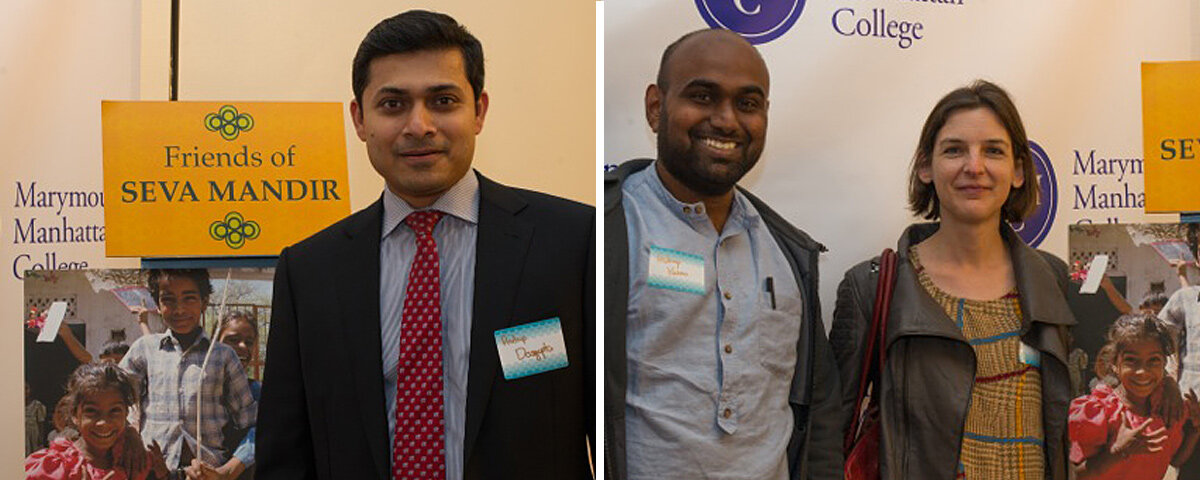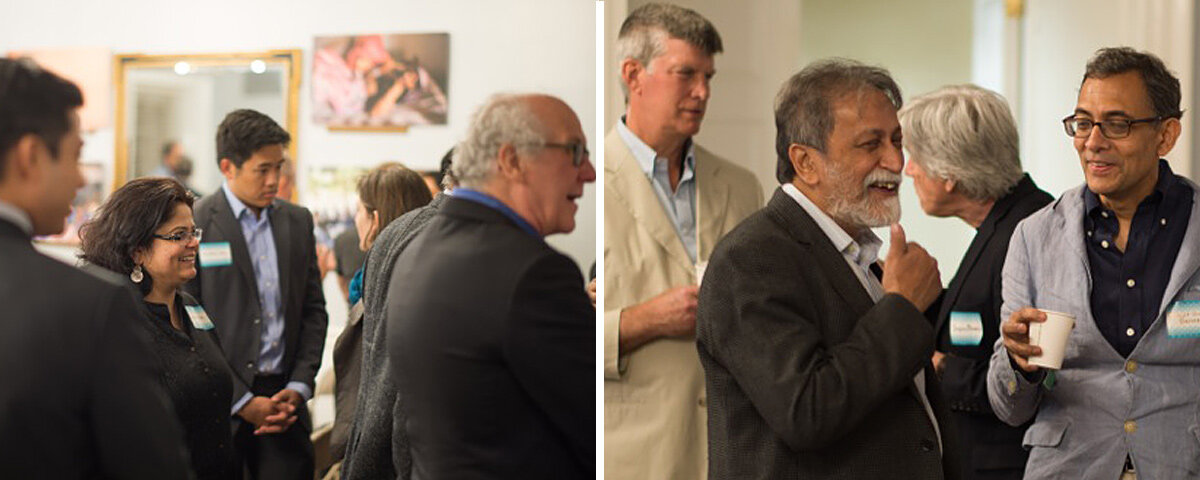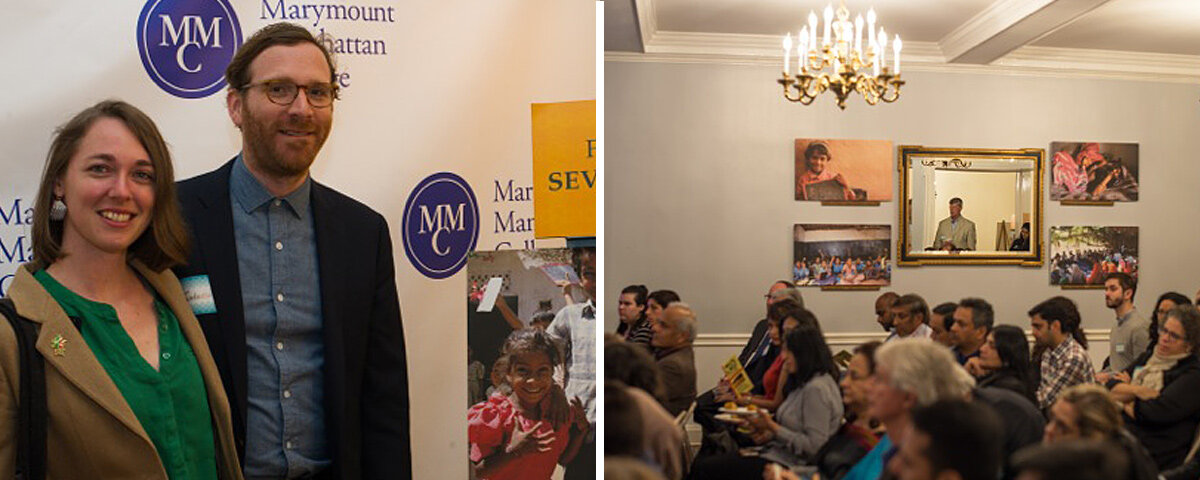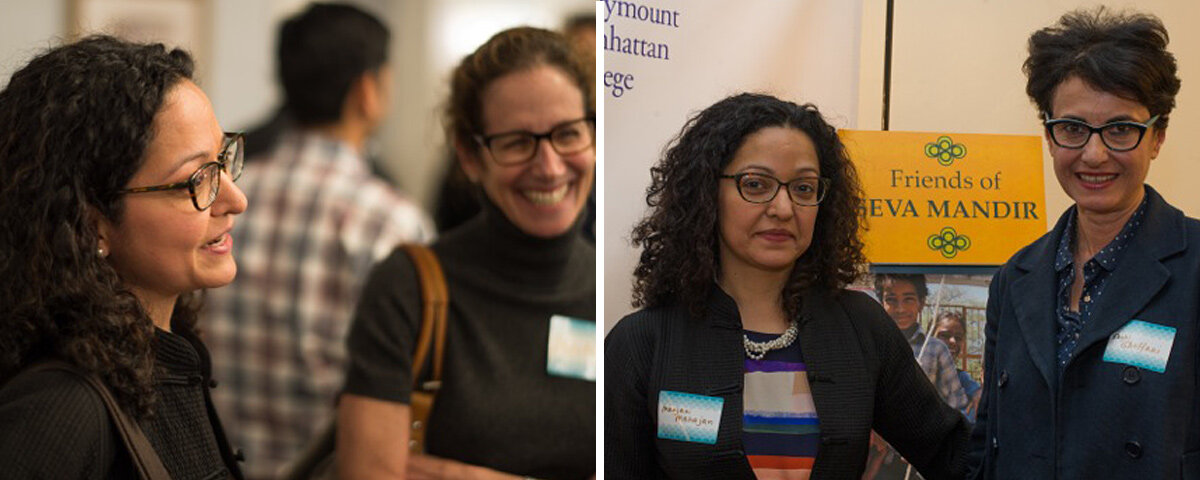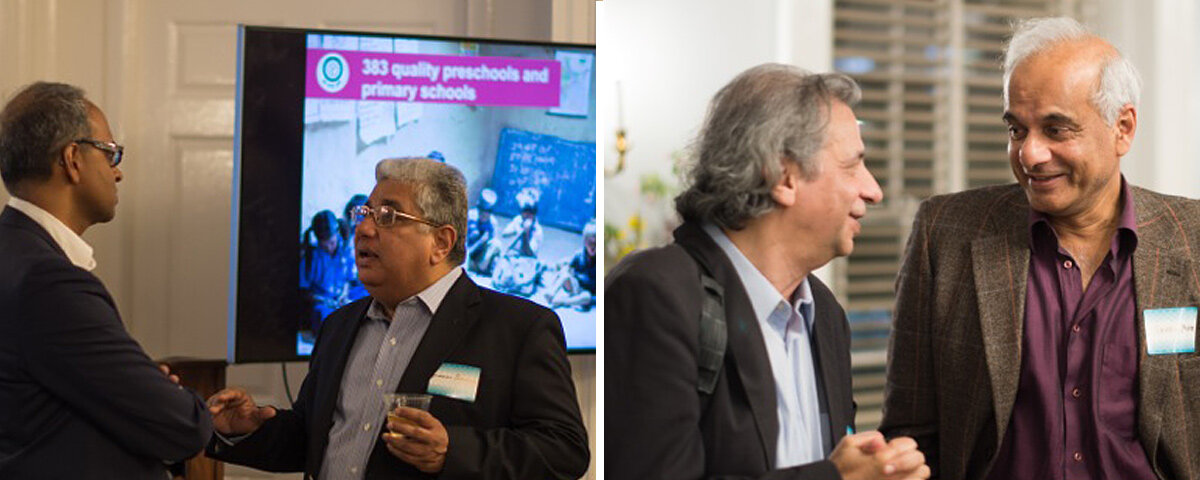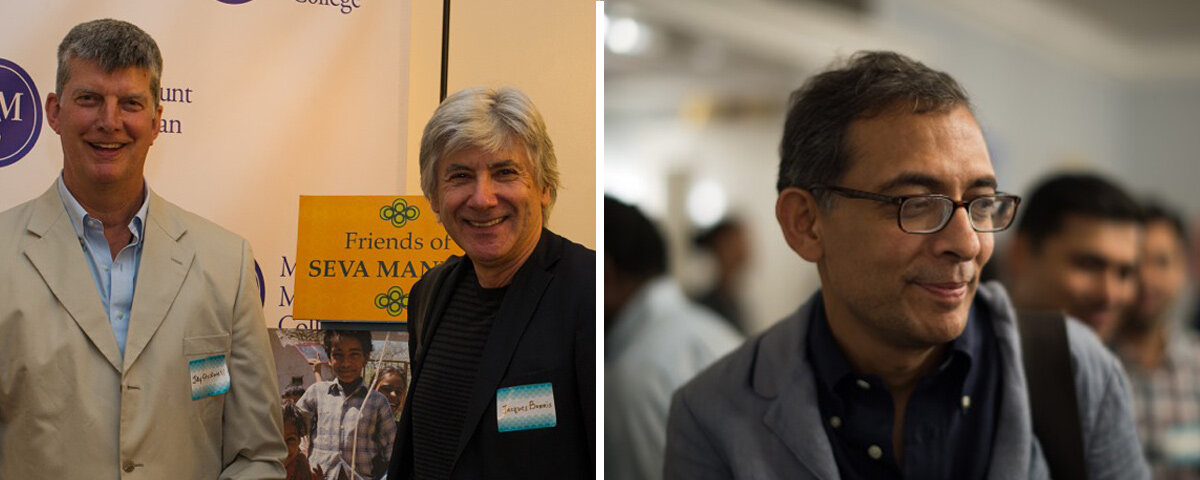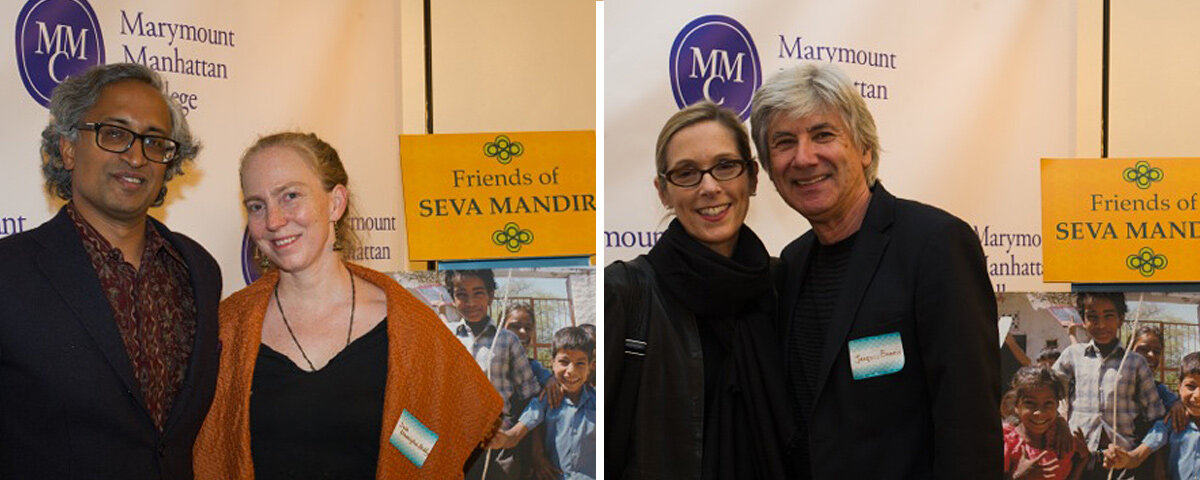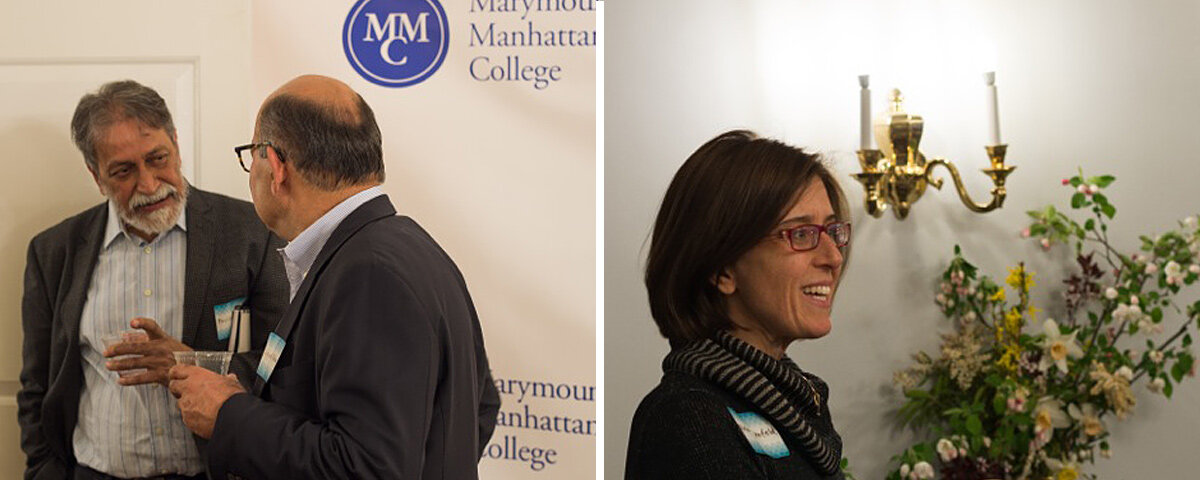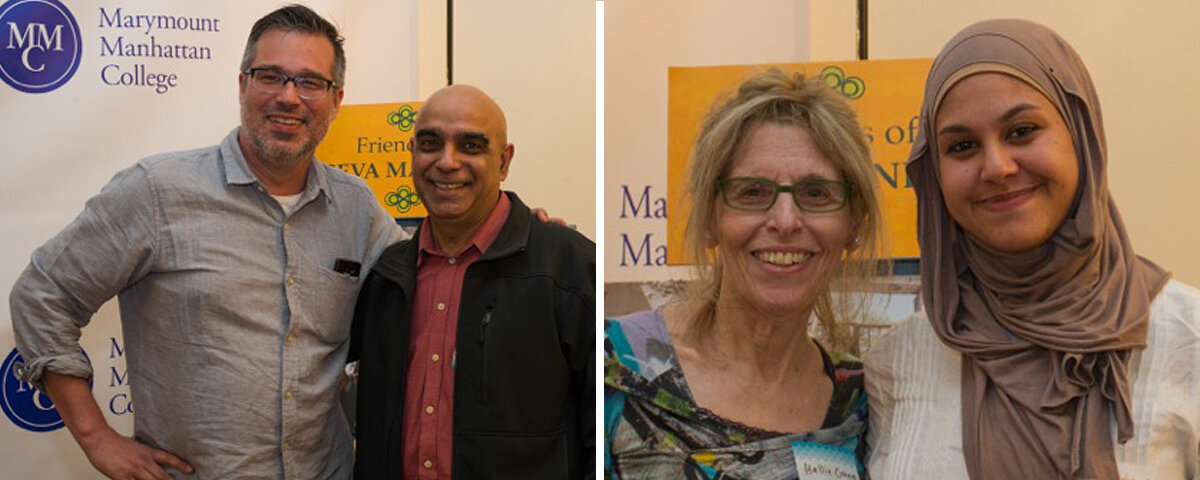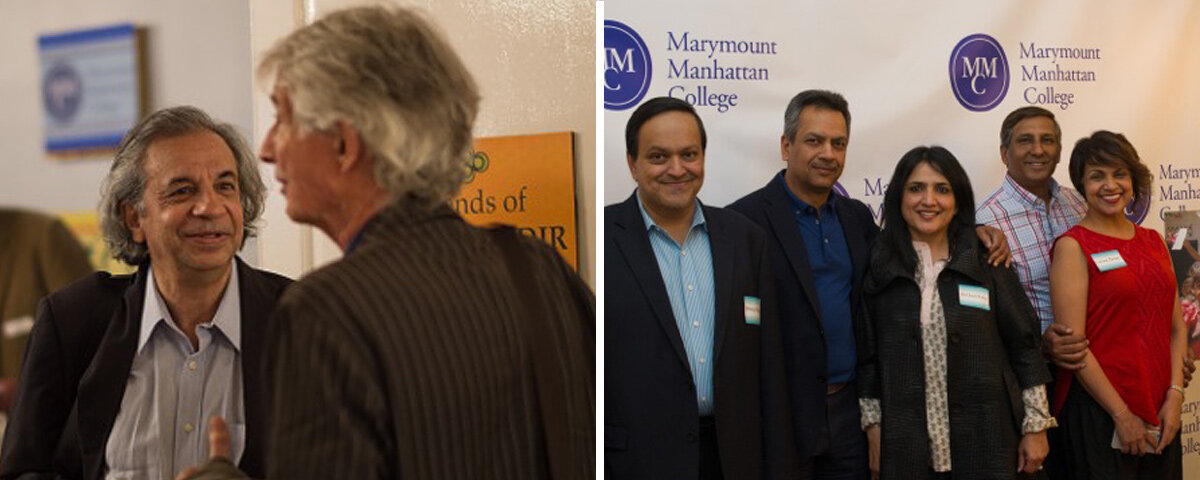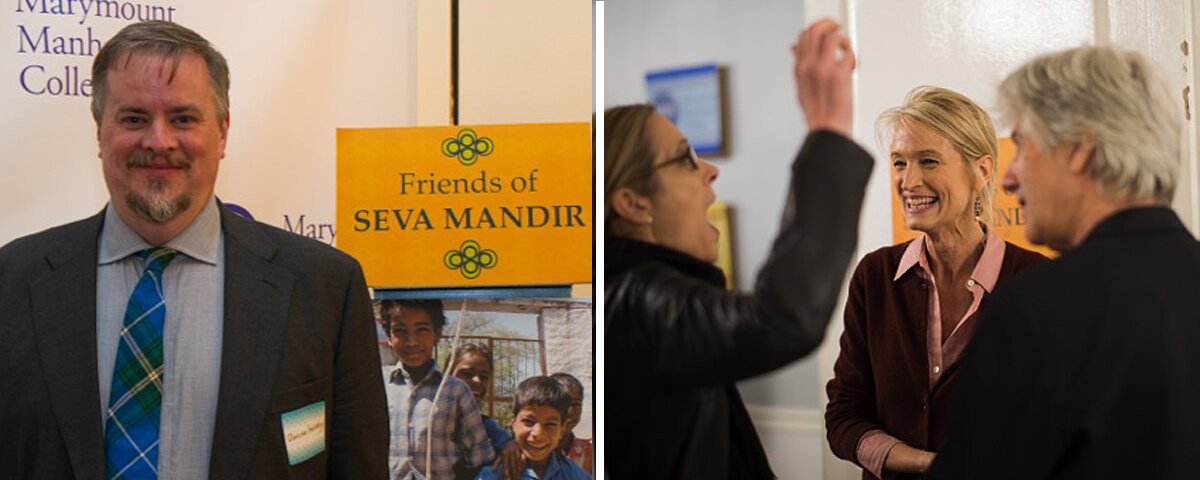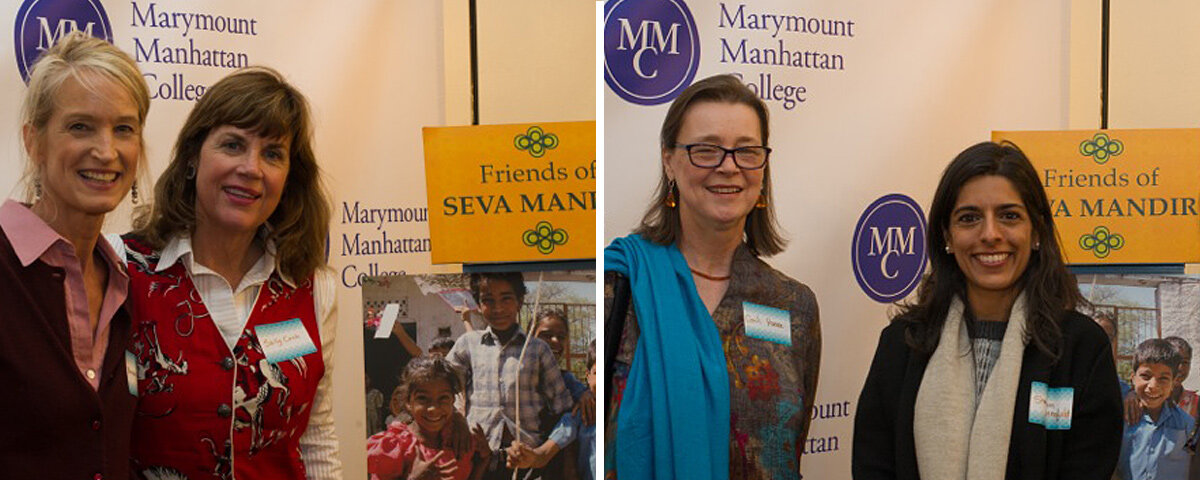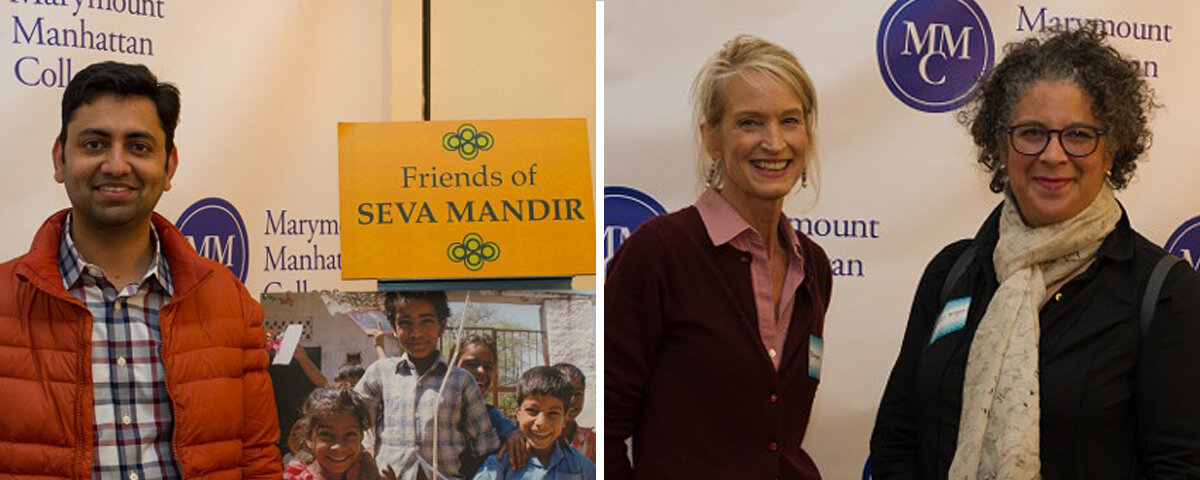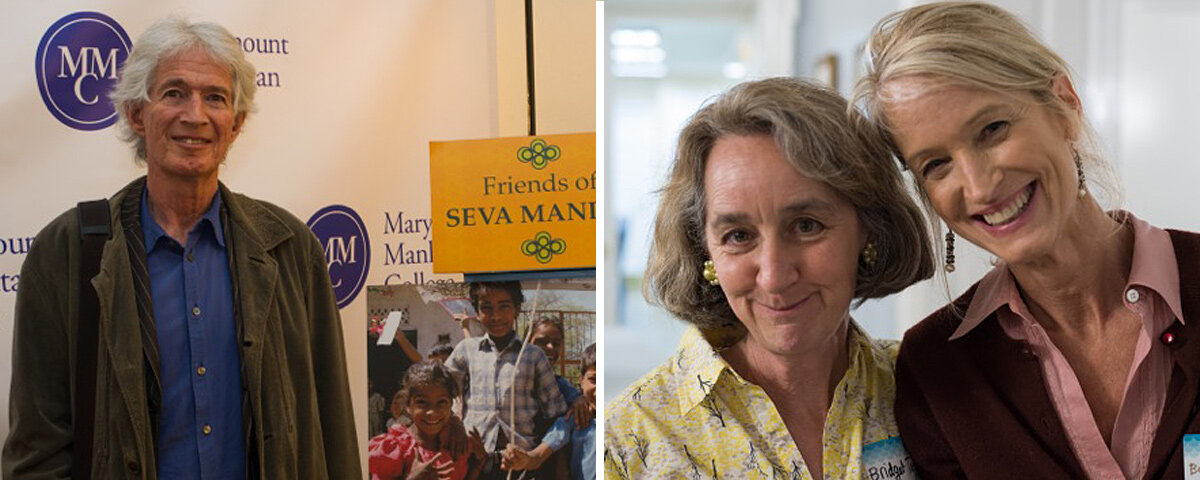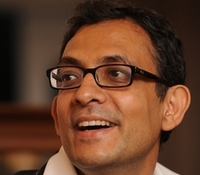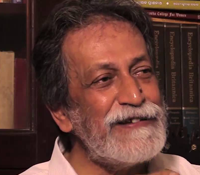Two longstanding members of the Friends of Seva Mandir community—Abhijit Banerjee and Esther Duflo—are recipients of the 2019 Nobel Prize in Economics for “their experimental approach to alleviating global poverty.” A married couple who are professors at MIT and among the founders of the Poverty Action Lab there, Banerjee and Duflo have worked within a scientific framework, employing observational data, to elucidate the causes of poverty and measure the relative effectiveness of various interventions in order to devise the most efficient economic development strategies that can then be tested in different global contexts. In India, Seva Mandir has been a valued partner for Banerjee and Duflo, providing them the means to conduct randomized controlled trials in the areas of child immunization and education. Seva Mandir has also been the beneficiary of this collaboration, which has enabled the discovery of preferred methods of intervention on the ground, generating the evidence necessary to shape future policy. We are so proud and happy to be associated with these esteemed individuals who have brought their focus and energy to help transform the world for the better. We wish them a hearty congratulations!
Inequality and Civil Society in the Era of Democratic Anxiety: 50 Years of Seva Mandir
May 3rd, 2017
On May 3, 2017, to help mark the milestone of 50 years of Seva Mandir serving the rural communities of Southern Rajasthan, Friends of Seva Mandir, in collaboration with the Department of Politics and Human Rights at Marymount Manhattan College, met at the Regina Perrugi Room to take part in a panel discussion featuring a number of distinguished guests, including:
Akeel Bilgrami received a degree in English Literature from Bombay University before switching to philosophy. He attended Oxford University as a Rhodes Scholar, leaving with a Bachelor's degree in Philosophy, Politics, and Economics. He earned his Ph.D from the University of Chicago. He has been in the Department of Philosophy at Columbia University since 1985. He is the author of Belief and Meaning, Self-Knowledge and Resentment, Secularism, Identity and Enchantment and Politics and the Moral Psychology of Identity (forthcoming), as well as numerous articles. He has also written extensively on M.K. Gandhi. Many of his articles speak to issues of current politics in their relation to broader social and cultural issues. He has also increasingly joined debates in the pages of larger-circulation periodicals such as The New York Review of Books and The Nation.
Abhijit Vinayak Banerjee was educated at the University of Calcutta, Jawaharlal Nehru University and Harvard University, where he received his Ph.D. in 1988. He is currently the Ford Foundation International Professor of Economics at the Massachusetts Institute of Technology. Banerjee is a past president of the Bureau for Research and Economic Analysis of Development, International Research Fellow of the Kiel Institute, a fellow of the American Academy of Arts and Sciences and the Econometric Society and has been a Guggenheim Fellow and an Alfred P. Sloan Fellow. He is the author of a large number of articles and three books, including Poor Economics (www.pooreconomics.com), which won the Goldman Sachs Business Book of the Year. Banerjee served on the U.N. Secretary-General’s High-level Panel of Eminent Persons on the Post-2015 Development Agenda. He was named one of Foreign Policy magazine's top 100 global thinkers.
Liaquat Ahamed is a Pulitzer Prize winning author. He has degrees in economics from Harvard and Cambridge Universities, and he has been a professional investment manager for 25 years. He has worked at the World Bank in Washington D.C., and the New York based partnership of Fischer Francis Trees and Watts, where he served as Chief Executive. He is currently an adviser to several hedge fund groups, including the Rock Creed and the Rohatyn Groups; a director of Aspen Insurance Co. and is on the Board of Trustees of the Brookings Institution. His book, The Lords of Finance, was awarded the 2010 Spear's Book Award (Financial History Book of the Year), the 2010 Arthur Ross Book Award Gold Medal, and the 2009 Financial Times and Goldman Sachs Business Book of the Year Award. For 2009 it was recognized as one of Time magazine's "Best Books of the Year," New York Times “Best Books of the Year" and Amazon.com's "Best Books of the Year." It was shortlisted for the Samuel Johnson Prize.
Prabhat Patnaik received his B.A. with Economics Honors from St. Stephen's College, Delhi. He went to Oxford University in 1966 on a Rhodes Scholarship and studied at Balliol College and later at Nuffield College. He obtained his B.Phil and his D.Phil. degrees from Oxford University. Patnaik joined the Faculty of Economics and Politics of the University of Cambridge, UK in 1969 and was elected a fellow of Clare College, Cambridge. In 1974 he returned to India as an associate professor at the newly established Centre for Economic Studies and Planning (CESP) at the Jawaharlal Nehru University (JNU), New Delhi. Patnaik was part of a four-member high-power task force of the United Nations to recommend reform measures for the global financial system. His specialization is macroeconomics and political economy, areas in which he has written a number of books and articles. His books include Time, Inflation and Growth, Economics and Egalitarianism, and Re-Envisioning Socialism.
Uday Singh Mehta, Distinguished Professor of Political Science at the Graduate Center, CUNY, is a political theorist whose work encompasses a wide spectrum of philosophical traditions. He has taught at several universities, including Princeton, Cornell, MIT, University of Chicago, University of Pennsylvania, Hull and Amherst College. He was one of ten recipients of the prestigious “Carnegie Scholars” prize given to “scholars of exceptional creativity.” He has worked on a range of issues including the relationship between freedom and imagination, liberalism’s complex link with colonialism and empire, and, more recently, war, peace, and nonviolence. Mehta is the author of Liberalism and Empire: Nineteenth Century British Liberal Thought (1999), which won the J. David Greenstone Book Award 2001 for the best book in history and theory. He received his BA from Swarthmore College, where he studied philosophy and mathematics and his PhD from Princeton in political philosophy.





